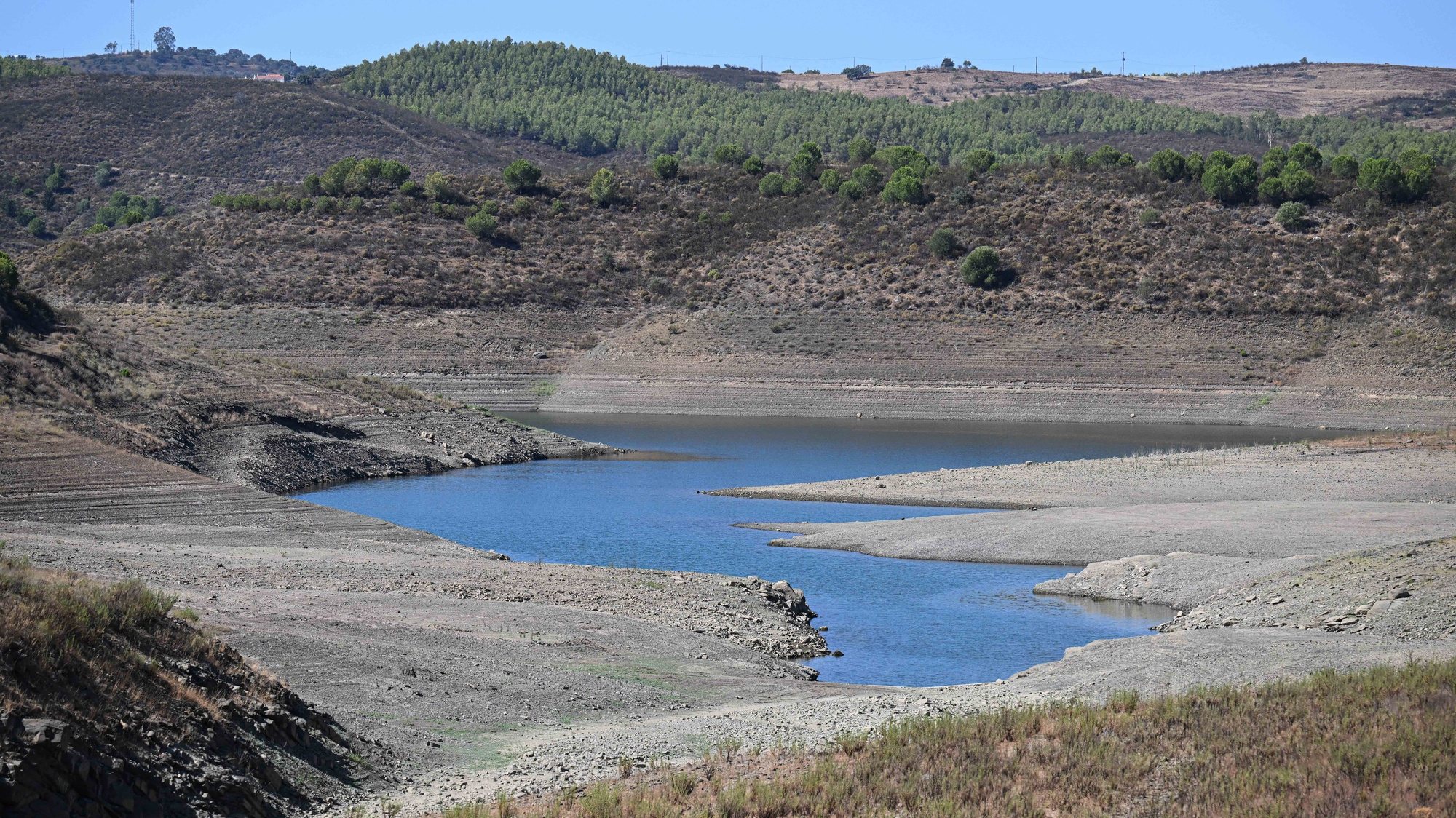The president of CCDR-Norte said today that the drought situation is “greatly difficult” and will force behavior to change, praising the “framework agreement” between Portugal and Spain regarding the flows of Iberian rivers.
“The situation is very difficult, very embarrassing, we are all going to have to learn to live with it, change behaviors.even diverting some of the investments that we are planning for the next framework and focusing them more on the water issue,” said António Cunha, president of the North Regional Coordination and Development Commission (CCDR-North).
The official was speaking to the Lusa agency on the sidelines of the launch of the new edition of the INTERREG Atlantic Area cooperation program 2011-2027, in Viana do Castelo, and in relation to the reduction of water discharges from Spanish dams in the basin of the Duero, coincided between the governments of Portugal and Spain, which assumed the impossibility of complying with the minimum flows.
“In shared water assets, such as the Iberian rivers, what is needed is, in fact, a consultation between the two governments (…) For me, the important thing, what reassures me a bit, is that this was done within a framework of agreement between the two governments and that is what we must point out”, said António Cunha.
If the situation worsens, the president of the North-CCDR considered that “an even more demanding consultation framework will be required, but it is within this negotiation and consultation framework that things must be done”.
On Wednesday, the Iberian governments confirmed, in a joint statement, that until Friday, when the current hydrological year ends, Spain “will not comply with the annual flows of the Tagus and Duero rivers, which are expected to remain around 90 % of the values established in the Convention”.
Portugal and Spain promised to seek “solutions that minimize the impacts” of the drought, admitting concern about the weather forecasts that will require reinforcing the coordination of water management and the release of flows.
“Both parties, within the framework of the Albufeira Convention, are determined to analyze the situation and seek solutions that minimize the impacts of water scarcity,” the two countries said in a joint statement released by the Ministry of Environment and Action. Climate.
Source: Observadora
